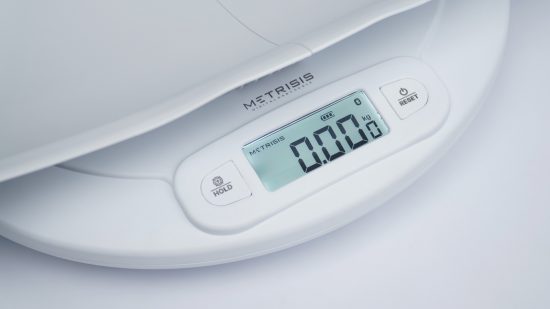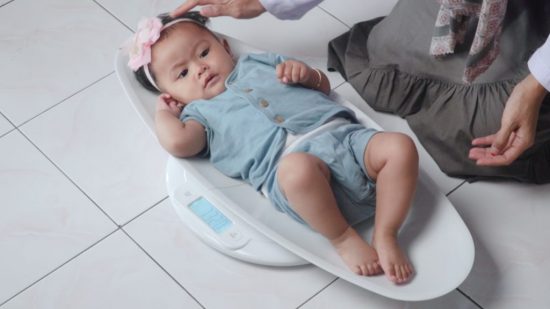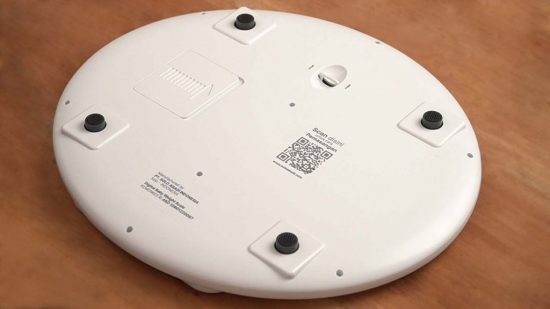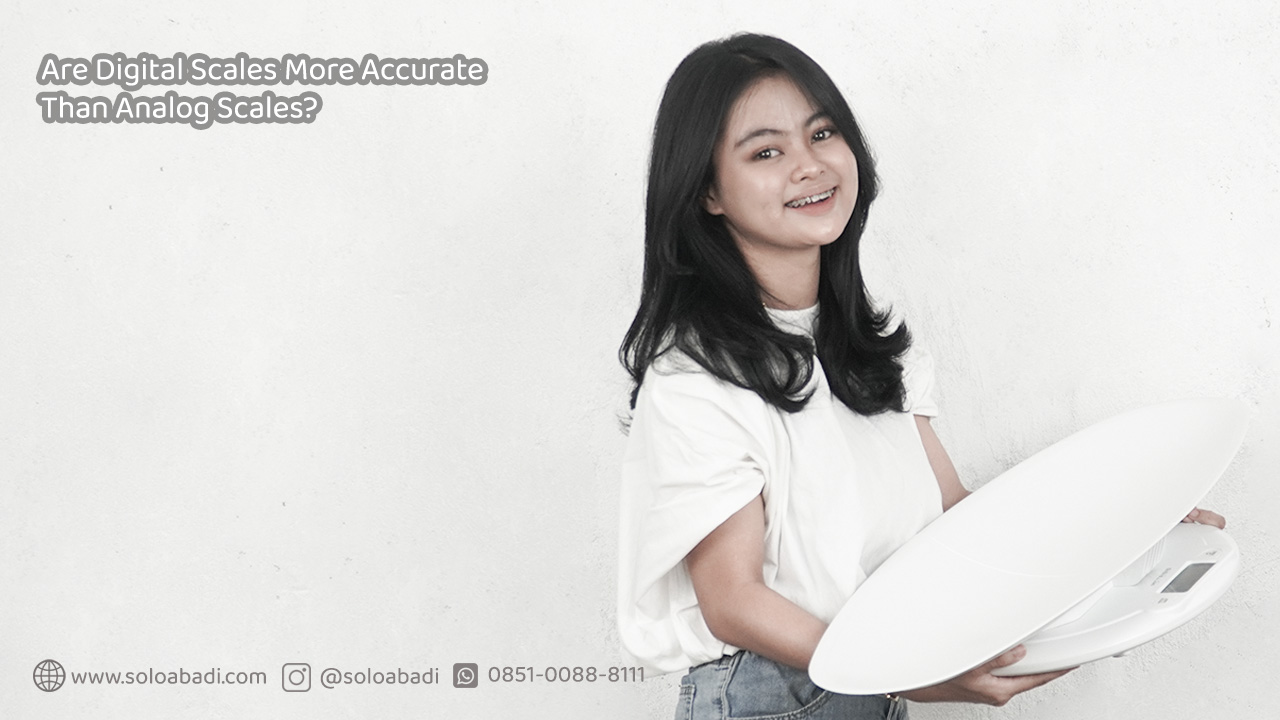The appeal to use accurate digital scales has been echoed by the Indonesian Ministry of Health as a tool to detect stunting. As stated in KMK No. HK.01.07/MENKES/1182/2022, this regulation was implemented with a purpose – to ensure precise collection of anthropometric data for children. Consequently, Health Center staff and Posyandu cadres have gradually transitioned away from analog scales, driven by the need for accurate measurements.
So are digital scales more accurate than analog scales?
This article will review the comparison of the level of accuracy between digital scales and analog scales. Starting from the development background, how it works, to the measurement results of the scales.
About Scales
The utilization of digital equipment has a profound impact on the measurement process. Manual measurements have been substituted by digital concepts, with the objective of attaining greater precision in measurement values. Besides, Digital concepts are expected to yield measurement results of enhanced accuracy. Meanwhile, measurement being the practice that reflects the true magnitude, necessitates a meticulous level of precision.

For example, measuring a child’s weight is needed to monitor growth and record children’s nutritional status. Therefore, the data generated must be accurate and precise. In addition to weight (BB), the reference for child development is also seen from the size of the height (TB) by paying attention to the line of weight gain (BB) and height (TB) through the chart.
The Ministry of Health recommends the use of Digital Scales as a device to enhance the precision of weight measurements. Digital Scales, also known as Digital Weight Scales, actively serve the purpose of measuring body weight or mass. Unlike manual or analog scales that rely on a spring system with a needle indicator for mass measurement, Digital Scales employ a digital display in the form of an LCD screen.
Accurate Comparison of Analog Scales and Digital Scales
As previously mentioned, Analog Scales employ a spring system to derive measurement outcomes. Consequently, the accuracy of measurements on Analog Scales heavily relies on the quality of the utilized spring. Over time, the spring gradually deteriorates, leading to a decrease in measurement accuracy.

Amidst these circumstances, an increasing number of voices are advocating for a gradual shift from Analog Scales to Digital Scales. This recommendation is emphasized in Permenkes No. 2 of 2020, a directive concerning Children’s Anthropometric Standards, which mandates health organizations to adopt Digital Scales for their operations.
So what exactly causes Digital Scales to be touted as a device with high accuracy?
Digital Scales employ advanced sensor technology, enabling them to actively detect weight variations of the object being measured. These sensors are strategically positioned at each corner of the scales and are known as Load Cells. Load Cells serve the specific purpose of sensing and measuring weights or loads. Moreover, load cells find application not only in scales but also in weighbridges, where they accurately measure the weight of trucks transporting raw materials.

The level of accuracy of a Digital Scales is very dependent on the loadcell. You could say loadcell is the main component of Digital Scales. The functions of the load cell can be observed by applying a load to its iron core, which will result in an automatic change in the resistance value on the strain gauge.
Also Read: 3 Most Common Reasons Your Digital Scale is Inaccurate! Important to Know!
There are four cables that make up the load cell, two cables function as holders and two other cables function as output signals. In choosing Digital Scales you need to pay attention to the quality of the load cells or sensors used. Moreover, the following are recommendations for digital scales with the best quality load cells to prevent stunting at Posyandu.
Digital Baby Scales for Posyandu
PT Solo Abadi Indonesia manufactures METRISIS – Digital Baby Scales, a domestically produced digital weight measuring instrument. This instrument actively enables the monitoring of infants’ weight from 0 to 2 years old. Digital baby scales serve as projected tools for stunting prevention, facilitating the monitoring of child growth and development to detect stunting at an early stage.
Complete specifications for METRISIS – Solo Abadi Digital Baby Scales :
- TKDN certificate with a value of 41.04%
- Dimensions: 700 X 320 X 88 Mm
- Weight: 2 Kg
- Capacity : 20 Kg
- Accuracy : 5 gr
- LCD Size : 75 X 30 Mm
- Power Source: 4×1.5v AAA
- Material: ABS plastic
- Display Type : LCD/Digital Display
- Button : On/Off
- Indicator : Error/Overload
Also Read : TKDN Certified Digital Baby Weight Scale From Metrisis, Accuracy Up to 5gr!
Digital Mother and Child Scales for Posyandu
METRISIS – Digital Mother and Child Scales produced by PT Solo Abadi Indonesia is a digital weight measuring instrument produced domestically. There is a Mother and Child feature that can be used to measure mothers as well as babies. Mother and child scales can be an alternative to digital baby scales to find out a child’s weight to detect stunting early on. This instrument has also been integrated with the digital data collection application MetrisisApp to make reporting easier for Posyandu cadres or Puskesmas staff at EPPGBM.
Complete Specifications of METRISIS – Digital Mother and Child Scales
- TKDN certificate with a value of 49.96%
- Dimensions: 350 X 320 X 46.5 mm
- Weight: 1.6 Kg
- Capacity : 150 Kg
- Accuracy : 50 gr
- LCD Size : 75 X 30 Mm
- Power Source: 4×1.5v AAA
- Material: ABS plastic
- Display Type : LCD/Digital Display
- Buttons : On/Off, Tare, Hold, and Calibrate
- Features: Error/Low Battery
Get METRISIS – Digital Baby Weight Scale
Get Digital Baby Scales from Solo Abadi by filling in the available ask for price. You can also connect directly via our WhatsApp, as we are ready to contact you soon.


